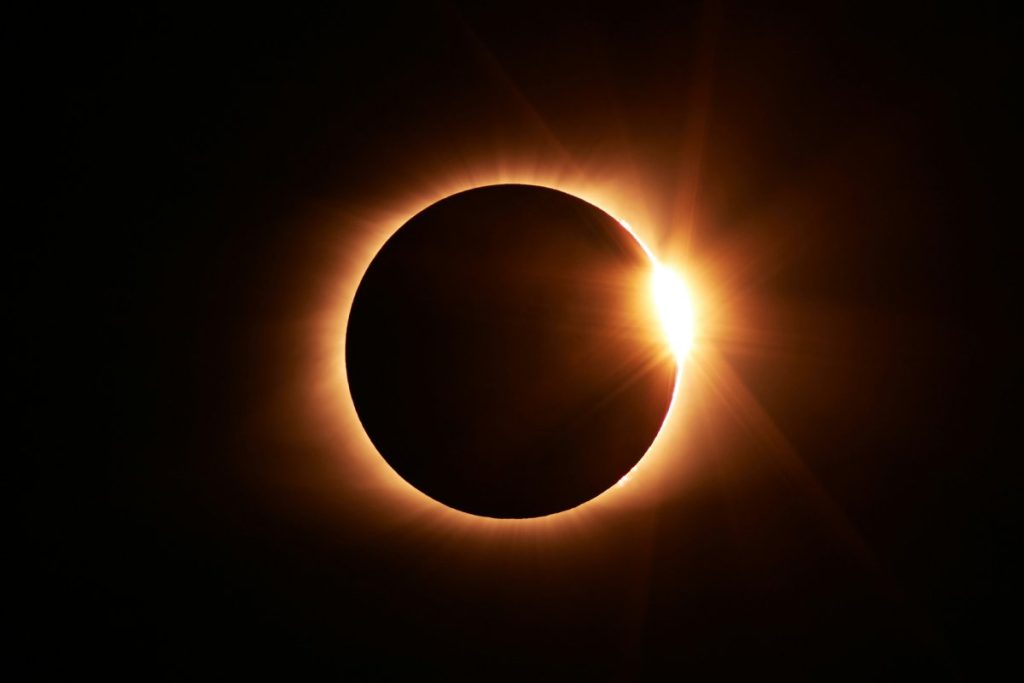The total solar eclipse on April 8 brought historic tourism revenue to hotels, with U.S. hotel markets in the path of totality seeing record revenue increases. The night before the eclipse, revenue per available room saw a 288% year-over-year increase, outperforming the overall hotel performance for the week which was up 42%. Some destinations, such as Arkansas, experienced heavy visitation, with major hotels downtown being completely sold out. The eclipse also boosted hotel revenue in Canada and Mexico, with Canada’s hotels in the path of totality seeing a 224% increase and Mexico’s four hotel markets in the eclipse’s path experiencing a 438% boost.
While hotels in cities in the path of the total solar eclipse benefited from increased revenue, not all local businesses felt the same impact. Some businesses, particularly those located outside tourist areas, did not see the same boost in foot traffic. Jason Dady, who owns several restaurants in the San Antonio area, mentioned that some of his locations, especially outdoor concessions, got crushed while others saw no significant change in revenue. Congested roads and warnings about increased traffic during the eclipse days led some locals to stay home, resulting in a lack of local income for businesses located outside tourist hotspots.
According to the Great American Eclipse, over 30 million people lived in the path of totality for the eclipse. Despite expectations of extreme busyness, some areas reported that it was busier but not as crazy as projected. Businesses outside downtown areas and tourist spots, especially restaurants, did not see the expected increase in revenue during the eclipse days. People chose to stay home instead of going out to dinner, leading to a disparity in economic impact for different types of businesses in areas affected by the eclipse.
Overall, the total solar eclipse had a positive impact on hotel revenue in cities in its path, with U.S. hotel markets experiencing significant year-over-year increases in revenue per available room. Some destinations, like Arkansas, saw a heavy influx of visitors, resulting in sold-out hotels and increased revenue for local businesses in downtown areas. However, businesses located outside tourist hotspots did not experience the same level of economic benefits, as warnings of congested roads led some locals to stay home during the eclipse days.
The eclipse also boosted hotel revenue in Canada and Mexico, with Canada’s hotels in the path of totality experiencing a 224% increase in revenue and Mexico’s four hotel markets in the eclipse’s path seeing a 438% boost. Despite expectations of extreme busyness, some areas reported that the eclipse days were busier but not as hectic as anticipated. This disparity in economic impact highlights the differing effects of large-scale events on local businesses, with some benefiting greatly while others struggle to see the same level of revenue increase.















